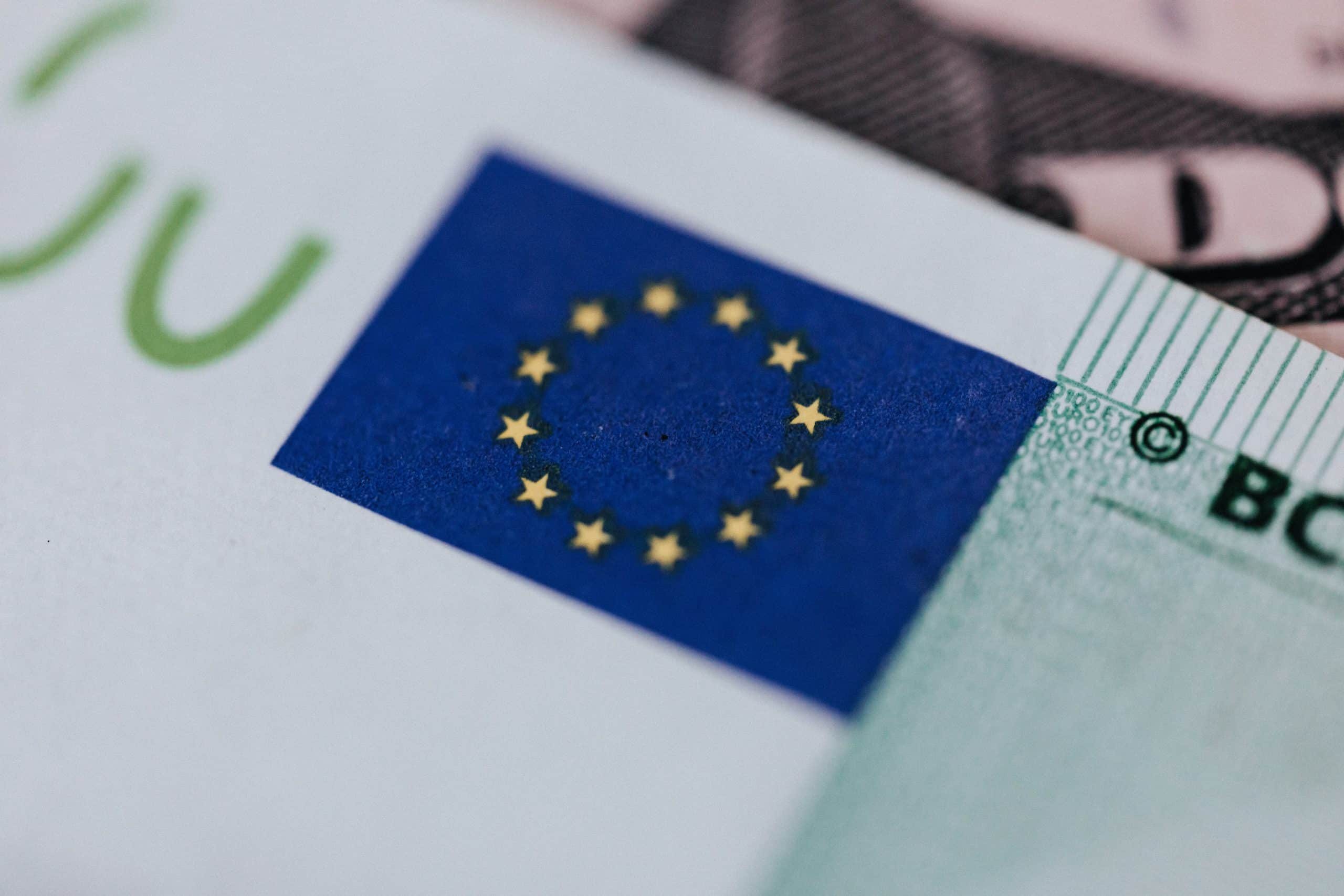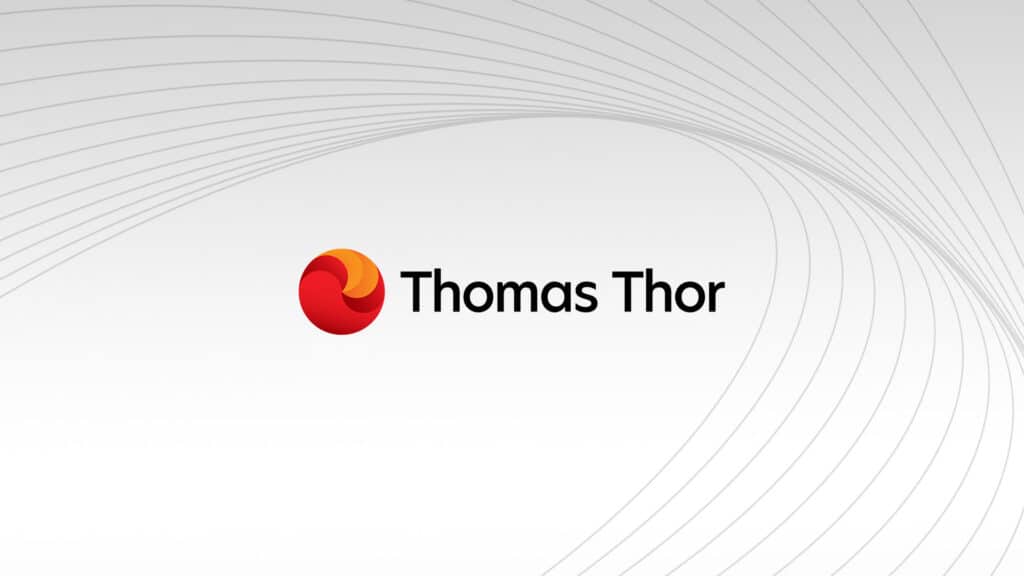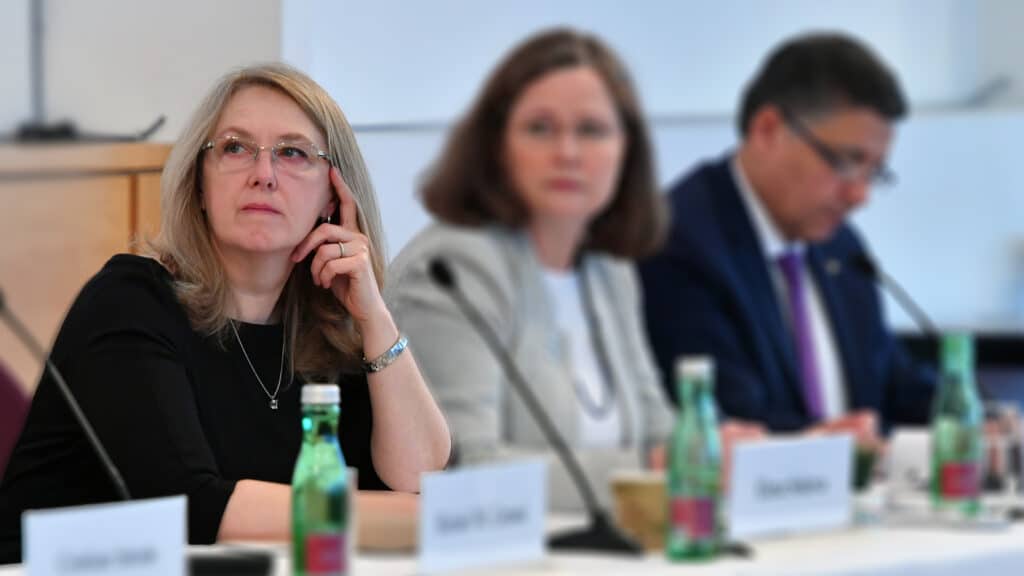Will the EU follow the science on nuclear?

It has become impossible for the European Union to ignore nuclear power any longer in its response to climate change, now that its Joint Research Centre has concluded the technology’s impacts are on a par with renewables. But that doesn’t mean policy acceptance for nuclear just yet, writes Callum Thomas.
The recently leaked report from the JRC should in theory settle the debate over whether nuclear can be included in a taxonomy of sustainable activities. This is important because the taxonomy “aims to increasingly guide private as well as public finance towards activities which are considered sustainable,” Jessica Johnson of Foratom explained. Among other things, inclusion in the taxonomy could mean new sources of finance flowing to nuclear, which could ease one of the most significant binds on new build – the cost of capital.
Despite being the EU’s biggest source of low-carbon energy, differing views on nuclear have seen it side-lined for years as the bloc’s 27 member states work to synchronise their overall decarbonisation strategy. The taxonomy process brought this acrimonious debate to a climax after political pressure was applied to a Technical Expert Group tasked with deciding which technologies ‘do no significant harm’ and could therefore be included.
Tim Yeo, chairman of New Nuclear Watch Institute, said that “Some entrenched opponents of nuclear energy successfully but mistakenly argued that possible uncertainty about the effects hundreds of years hence of the disposal of nuclear waste matters more than the urgent need to decarbonise the energy industry as quickly as possible.” The expert group excused itself from drawing a conclusion on nuclear and the question was handed to the EU’s body for scientific support to policy, the Joint Research Centre.
The JRC describes itself as the European Commission’s science and knowledge service. Its work on a 385-page ‘science for policy’ analysis “did not reveal any science-based evidence that nuclear energy does more harm to human health or to the environment” than other technologies already included in the taxonomy as good for decarbonisation. As Kirsty Gogan of LucidCatalyst put it: “Ironically, the JRC findings, initiated by anti-nuclear dogma seeking to exclude nuclear energy may prove to be the definitive answer to the answer to the question of whether nuclear energy is safe and sustainable.”
While the JRC report makes it impossible for the EU to ignore nuclear, there is still a way to go. Jessica Johnson warned, “The European Commission has always said it ‘could potentially’ consider including nuclear… but it has never committed to do so.” Far from ignoring nuclear, it is possible the EC might take a political decision to consciously exclude it. “Unfortunately, this remains a very real risk,” she said.
In 2021, as climate change tangibly accelerates, as world-famous campaigners like Greta Thunberg urge governments to ‘follow the science’, and as the public watch science tackle COVID-19 in real time, it would be outrageous for the European Commission to take a political stance contrary to all scientific evidence. But this is nuclear energy. Despite the hopes of the nuclear sector that these matters may finally be settled, the biggest controversy of this taxonomy could be yet to come.
Share this article
Related articles
Help us grow and achieve your potential at a values-driven business.




